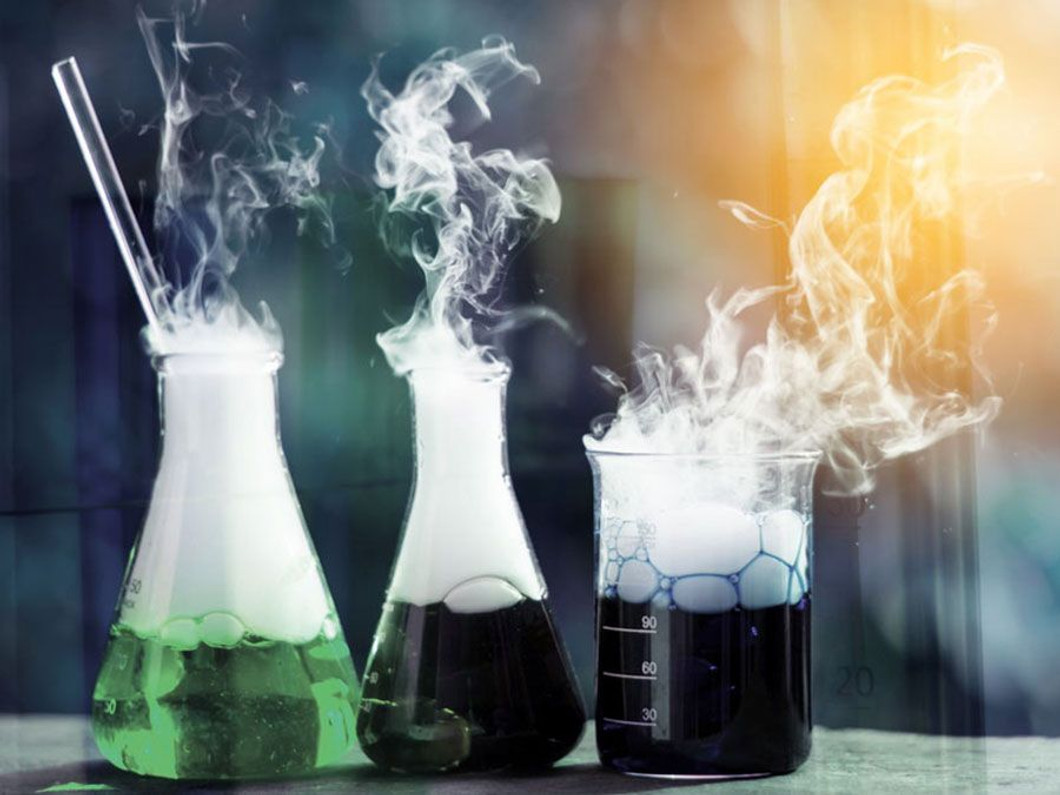Understanding Catalysts
A catalyst is a substance that speeds up a chemical reaction, or lowers the temperature or pressure needed to start one, without itself being consumed during the reaction. Catalysis is the process of adding a catalyst to facilitate a reaction.
CP Lab Chemicals can provide a wide array of organometallic catalysts used in organic chemistry, hydrogenation reactions and chiral synthesis, with BINAP, Ferrocene-Palladium, and SEGPHOS catalysts readily available, of hi-purity and also available in bulk quantities.
We offer a broad array of palladium, platinum, and ruthenium catalysts that are used in a large array of synthetic reactions common in the synthesis laboratory.
Typical laboratory hydrogenator 
Catalysts are available in different concentrations (% active), on solid supports, as wetted compounds, and those used in the manufacturing and electronics industries. All catalysts are available in small research quantities and in Bulk through quotation.
- BINAP catalysts
- Ferrocene catalysts
- SEGPHOS catalysts
- Wetted catalysts
- Palladium catalysts
- Platinum catalysts
- Ruthenium catalysts
Download the Catalysts Quick List
SAFETY INFORMATION: Respiratory targets are of prime importance when handling catalysts and include the lungs and respiratory tract, in addition, eyes and mucous membranes are sensitive. Some individuals have shown allergic reactions to catalysts.
Palladium Exposure:
1. Kielhorn J, Melber C, Keller D, Mangelsdorf I. Palladium--a review of exposure and effects to human health. Int J Hyg Environ Health. 2002 Oct;205(6):417-32. doi: 10.1078/1438-4639-00180. PMID: 12455264.
Platinum and General Chemical Exposure:
2. OSHA Hazard Classification Guidance for Manufacturers, Importers, and Employers
Recent Posts
-
Disinfecting Surfaces in the Era of Covid and EPA Registered Commercial Disinfectants and Viricides
The disinfection of surfaces at home, in public spaces, and in hospitals and clinics needs to be a …15th Jan 2023 -
Working with Inorganic Acids in the Laboratory: A Practical Guide
Working with Inorganic Acids in the Laboratory Acids are of great importance in the laboratory and a …5th Jan 2023 -
The Top 12 Drinking Water Contaminants
1.Lead- from older plumbing systems pre-1986, when lead pipes, solder, and components were banned. …14th Dec 2022

